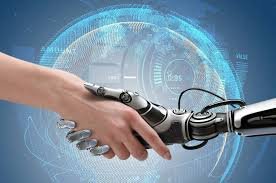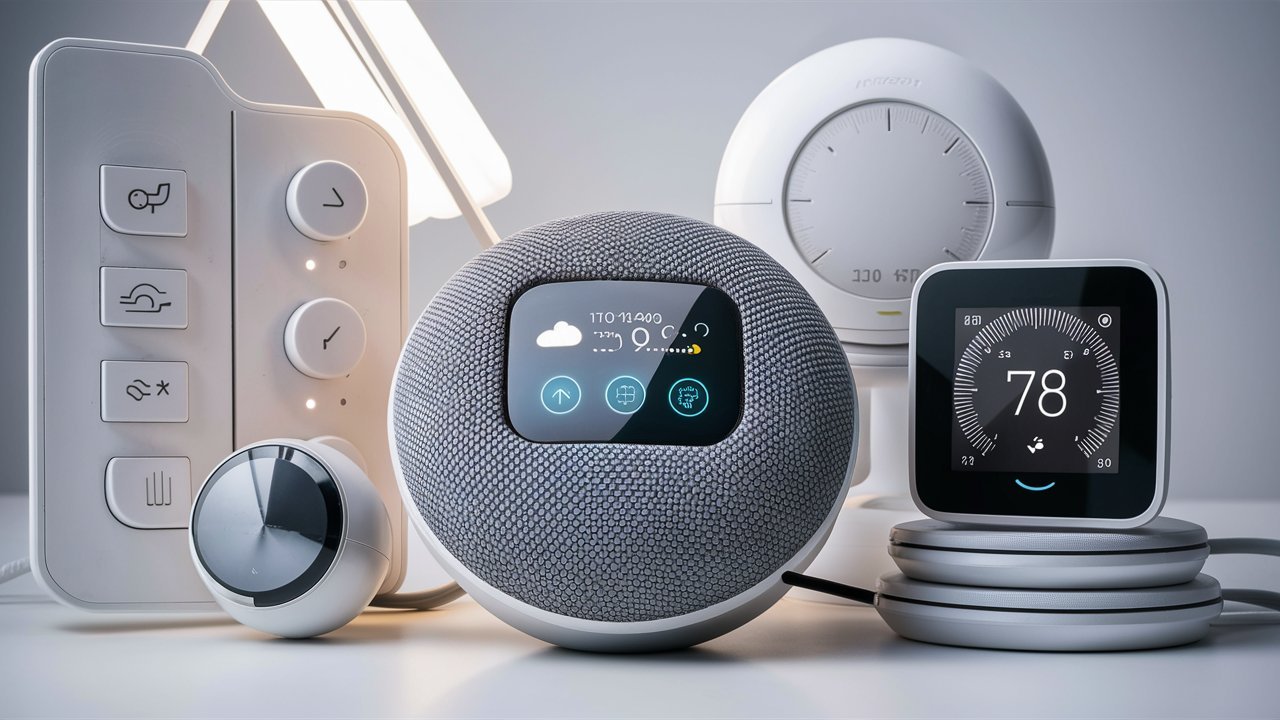Artificial Intelligence (AI) has already made a significant impact across many industries, and its role in electronics is growing rapidly. AI is revolutionizing how electronic devices function, making them smarter, more efficient, and more responsive to user needs. As we look ahead, AI will continue to shape the future of consumer electronics, enabling innovations that were once thought impossible. In this post, we’ll explore the future trends of AI in electronics and how they will change the way we interact with technology.

Smarter Devices: AI-Powered Personalization
One of the most exciting future trends in AI in electronics is the evolution of smarter devices. AI will enable devices to learn from user behavior and adapt accordingly. Smartphones, smart TVs, and home appliances will become even more intuitive, offering personalized experiences based on individual preferences.
For example, your smartphone could automatically adjust its settings for brightness, sound, and notifications based on your daily routines. Similarly, smart home systems will learn when to adjust temperature, lighting, or security settings without needing manual input. AI-powered personal assistants like Siri, Alexa, and Google Assistant will continue to evolve, offering better voice recognition, context understanding, and more natural conversations.
AI in Wearable Technology: Health Monitoring and Beyond
Wearable technology is another area where AI will have a profound impact. Future smartwatches and fitness trackers will use AI to provide more accurate and real-time health insights. AI algorithms will be able to track your sleep patterns, activity levels, and heart rate, and even predict potential health issues before they arise.
Beyond health monitoring, wearables will integrate more deeply with other electronic devices, creating a seamless connected experience. For instance, wearables could sync with home automation systems, controlling lights and temperature based on your movements and preferences. AI-driven smart glasses could even assist with augmented reality (AR) experiences, overlaying useful information directly into your field of vision.
AI-Enhanced Audio and Visual Technology
The integration of AI in audio and visual technology will continue to improve the quality and efficiency of smart TVs, speakers, and headphones. AI-powered algorithms will enhance sound and picture quality by adjusting settings based on the environment or content being viewed. AI-based image processing in televisions will automatically adjust contrast, brightness, and sharpness to provide the best viewing experience, depending on the ambient lighting and type of content.
In terms of audio, headphones and speakers will utilize AI to adapt the sound profile based on the listener’s environment. For example, AI in noise-canceling headphones could continuously monitor background noise and adjust the level of noise cancellation to ensure optimal sound quality, whether you’re in a quiet room or a noisy café.
AI and Robotics: Automation and Smart Manufacturing
AI is transforming not just consumer electronics, but also the manufacturing side of electronics. Robotics powered by AI will play a significant role in automating the production of electronics. AI will help streamline the design, testing, and production processes, leading to more efficient and cost-effective manufacturing.
In the future, smart robots could be integrated into homes to assist with everyday tasks, such as cleaning, cooking, and even providing assistance for the elderly or disabled. With machine learning capabilities, these robots will learn from their environment and improve their performance over time, making them more reliable and capable.
Edge Computing: AI in Smaller Devices
As AI continues to evolve, edge computing will become a more prominent trend. Edge computing refers to processing data locally, on the device itself, instead of relying on cloud servers. This trend will allow AI-powered electronics to process data faster and more efficiently without needing a constant internet connection.
For instance, smartphones and security cameras will be able to analyze data in real-time, providing faster responses and reducing latency. This will be especially important for applications that require real-time decisions, such as autonomous vehicles or smart cities. With edge computing, devices can operate independently, making them more reliable and secure.
AI in Consumer Electronics Security
As the number of connected devices increases, so does the risk of cyber threats. AI will play a significant role in improving security across all connected electronics. From smart home devices to mobile phones, AI can detect unusual activity, identify security threats, and take action to protect user data.
For example, AI-based security systems in smart homes could learn the normal behavior of residents and detect when something seems out of the ordinary, such as unexpected movements or unusual door access times. Similarly, AI can enhance password protection and biometric authentication, using advanced facial recognition or fingerprint scanning to ensure that only authorized users can access devices.
Sustainable Electronics: AI for Energy Efficiency
AI will also play a significant role in making electronics more energy-efficient. Smart devices powered by AI can adjust their power usage based on activity, reducing energy consumption when devices are not in use. For instance, AI-powered thermostats and lighting systems in smart homes will learn your schedule and automatically adjust the temperature or lighting to save energy when you’re away.
AI can also help manufacturers design more efficient electronics by optimizing power consumption in the production process. Smart grids powered by AI will enable energy companies to distribute electricity more effectively, reducing waste and increasing sustainability.
Conclusion
Artificial Intelligence is set to revolutionize the electronics industry, enabling smarter, more efficient devices that provide personalized, seamless experiences. From wearables and home automation systems to advanced security and sustainable energy solutions, the future of AI in electronics is bright. As AI continues to evolve, the way we interact with our devices will become more intuitive and integrated into every aspect of our daily lives.










